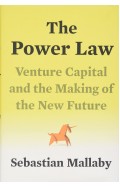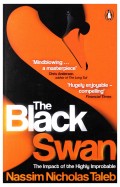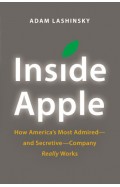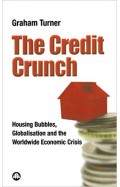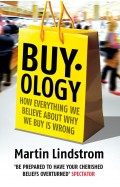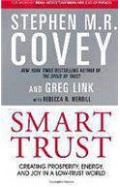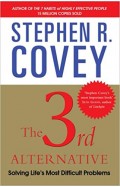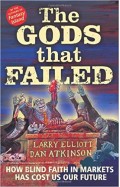Chip War: The Fight for the World's Most Critical Technology
By: Chris Miller
-
Rs 3,436.00
- Rs 4,295.00
- 20%
You save Rs 859.00.
Due to constant currency fluctuation, prices are subject to change with or without notice.
Power in the modern world - military, economic, geopolitical - is built on a foundation of computer chips. America has maintained its lead as a superpower because it has dominated advances in computer chips and all the technology that chips have enabled. (Virtually everything runs on chips: cars, phones, the stock market, even the electric grid.) Now that edge is in danger of slipping, undermined by the naïve assumption that globalising the chip industry and letting players in Taiwan, Korea and Europe take over manufacturing serves America's interests. Currently, as Chip War reveals, China, which spends more on chips than any other product, is pouring billions into a chip-building Manhattan Project to catch up to the US.
In Chip War economic historian Chris Miller recounts the fascinating sequence of events that led to the United States perfecting chip design, and how faster chips helped defeat the Soviet Union (by rendering the Russians’ arsenal of precision-guided weapons obsolete). The battle to control this industry will shape our future. China spends more money importing chips than buying oil, and they are China's greatest external vulnerability as they are fundamentally reliant on foreign chips. But with 37 per cent of the global supply of chips being made in Taiwan, within easy range of Chinese missiles, the West's fear is that a solution may be close at hand.
Power in the modern world - military, economic, geopolitical - is built on a foundation of computer chips. America has maintained its lead as a superpower because it has dominated advances in computer chips and all the technology that chips have enabled. (Virtually everything runs on chips: cars, phones, the stock market, even the electric grid.) Now that edge is in danger of slipping, undermined by the naïve assumption that globalising the chip industry and letting players in Taiwan, Korea and Europe take over manufacturing serves America's interests. Currently, as Chip War reveals, China, which spends more on chips than any other product, is pouring billions into a chip-building Manhattan Project to catch up to the US.
In Chip War economic historian Chris Miller recounts the fascinating sequence of events that led to the United States perfecting chip design, and how faster chips helped defeat the Soviet Union (by rendering the Russians’ arsenal of precision-guided weapons obsolete). The battle to control this industry will shape our future. China spends more money importing chips than buying oil, and they are China's greatest external vulnerability as they are fundamentally reliant on foreign chips. But with 37 per cent of the global supply of chips being made in Taiwan, within easy range of Chinese missiles, the West's fear is that a solution may be close at hand.
Chip War: The Fight for the World's Most Critical Technology
By: Chris Miller
Rs 3,436.00 Rs 4,295.00 Ex Tax :Rs 3,436.00
Chip War - The Fight for the World's Most Critical Technology
By: Chris Miller
Rs 2,476.00 Rs 3,095.00 Ex Tax :Rs 2,476.00
Zubin Mehta: A Musical Journey (An Authorized Biography)
By: VOID - Bakhtiar K. Dadabhoy
Rs 472.50 Rs 1,050.00 Ex Tax :Rs 472.50
The Lost Hero: Heroes of Olympus Book
By: Rick Riordan
Rs 1,705.50 Rs 1,895.00 Ex Tax :Rs 1,705.50
Heroes of Olympus: The Son of Neptune (Heroes Of Olympus Series Book 2)
By: Rick Riordan
Rs 1,615.50 Rs 1,795.00 Ex Tax :Rs 1,615.50
The Power Law - Venture Capital and the Making of the New Future
By: Sebastian Mallaby
Rs 2,965.50 Rs 3,295.00 Ex Tax :Rs 2,965.50
The Black Swan The Impact Of The Highly Improbable
By: Nassim Nicholas Taleb
Rs 2,636.00 Rs 3,295.00 Ex Tax :Rs 2,636.00
Inside Apple How Americas Mo Admired And Secretive Company Really Works
By: Adam Lashinsky
Rs 1,012.50 Rs 1,350.00 Ex Tax :Rs 1,012.50
Buyology How Everything We Believe About Why We Buy Is Wrong
By: Martin Lindstrom
Rs 2,236.00 Rs 2,795.00 Ex Tax :Rs 2,236.00
The 3rd Alternative Solving Life s Most Difficult Problems
By: Stephen Covey
Rs 516.75 Rs 795.00 Ex Tax :Rs 516.75
The Lost Hero: Heroes of Olympus Book
By: Rick Riordan
Rs 1,705.50 Rs 1,895.00 Ex Tax :Rs 1,705.50
Heroes of Olympus: The Son of Neptune (Heroes Of Olympus Series Book 2)
By: Rick Riordan
Rs 1,615.50 Rs 1,795.00 Ex Tax :Rs 1,615.50
The Power Law - Venture Capital and the Making of the New Future
By: Sebastian Mallaby
Rs 2,965.50 Rs 3,295.00 Ex Tax :Rs 2,965.50
No recently viewed books available at the moment.
Zubin Mehta: A Musical Journey (An Authorized Biography)
By: VOID - Bakhtiar K. Dadabhoy
Rs 472.50 Rs 1,050.00 Ex Tax :Rs 472.50
Chip War: The Fight for the World's Most Critical Technology
By: Chris Miller
Rs 3,436.00 Rs 4,295.00 Ex Tax :Rs 3,436.00
Chip War - The Fight for the World's Most Critical Technology
By: Chris Miller
Rs 2,476.00 Rs 3,095.00 Ex Tax :Rs 2,476.00
The Lost Hero: Heroes of Olympus Book
By: Rick Riordan
Rs 1,705.50 Rs 1,895.00 Ex Tax :Rs 1,705.50
Heroes of Olympus: The Son of Neptune (Heroes Of Olympus Series Book 2)
By: Rick Riordan
Rs 1,615.50 Rs 1,795.00 Ex Tax :Rs 1,615.50
The Power Law - Venture Capital and the Making of the New Future
By: Sebastian Mallaby
Rs 2,965.50 Rs 3,295.00 Ex Tax :Rs 2,965.50











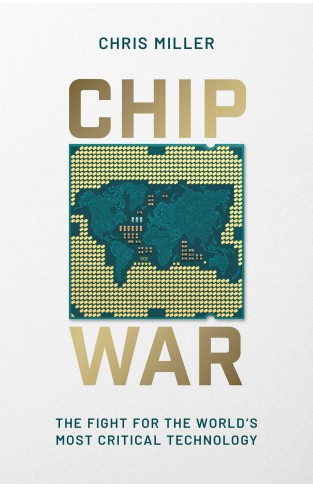
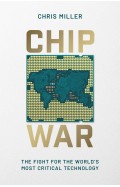
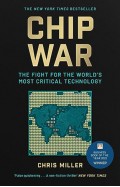
-120x187.jpg?q6)








